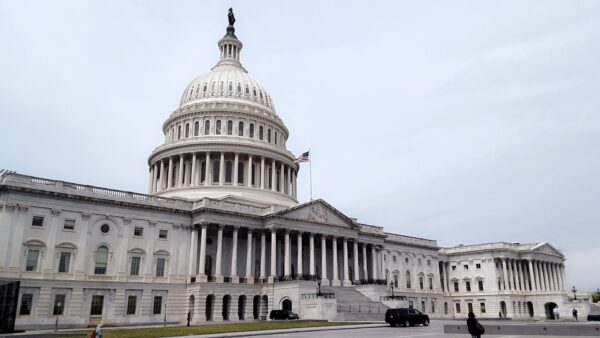
U.S. Congress building (Photo: JessicaRodriguezRivas)
The Veterans Readiness and Employment, VR&E, program, a vital resource for Veterans with service-connected disabilities, is under growing strain as demand surges, according to Stars and Stripes. Managed by the VA, the program provides job training, career counseling, and other services to help Disabled Veterans secure meaningful employment. However, recent increases in applications have overwhelmed the system, creating significant backlogs and delays that threaten the program’s effectiveness.
During a House Veterans’ Affairs Subcommittee on Economic Opportunity hearing, Veterans organizations pointed out the program’s challenges. In 2024, over 192,000 disabled Veterans applied for VR&E, a sharp rise from 131,000 in 2023, with projections indicating further growth in 2025. Despite a 25% increase in staffing over two years, the program’s resources remain insufficient. Veterans face long wait times, with some regional offices such as in San Diego, California reporting delays exceeding 18 months for an initial appointment.
“The Veterans Readiness and Employment program is a life-changing resource that Congress must act to protect,” said Julie Howell, Associate Legislative Director for Paralyzed Veterans of America.
Howell stated that while the program has supported millions of Veterans over the past decade, the current demand is straining its ability to provide individualized assistance.
Rep. Derrick Van Orden (R-Wisconsin), a retired Navy SEAL and program participant, expressed concern over the system’s direction.
“This program is heading in the wrong direction,” he said, citing staff shortages, delayed responses, and inconsistent communication as major issues.
Rep. Mike Levin (D-Calif.) also criticized the delays, saying, “A 155-day wait time is unacceptable. It’s causing Veterans to give up on VR&E.”
The challenges are compounded by the PACT Act, which expanded eligibility for benefits to Veterans affected by toxic exposures. While the program is modernizing with automated tools and online case management systems, officials acknowledge that more is needed to address the growing demand.
“We need significant resources to improve services and reduce wait times,” said VR&E Executive Director Nick Pamperin.
The program, operating at 350 VA sites nationwide, helps Veterans with disabilities prepare for careers through counseling, job training, and education assistance. The median annual income for program graduates is $100,000. However, barriers such as staffing turnover and outdated processes hinder its ability to meet the needs of Veterans.
Lawmakers and Veterans groups are calling on Congress to provide additional funding and support for the VR&E program.
As Rep. Van Orden stated, “This program is essential, and we cannot let it fail the Veterans who depend on it.”